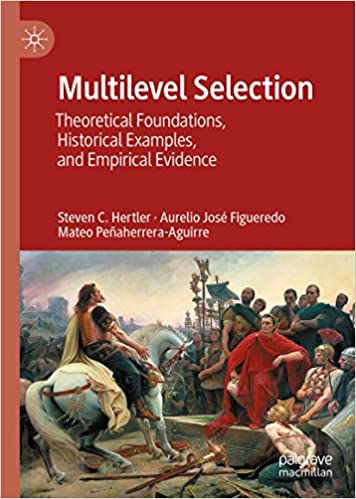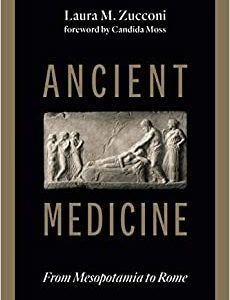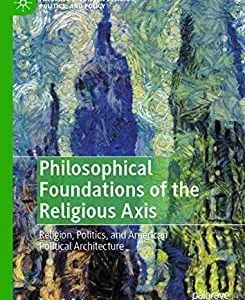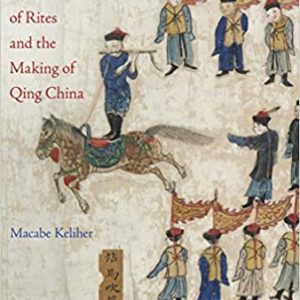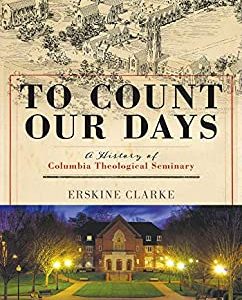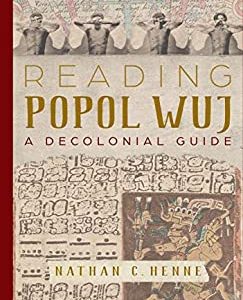This book embeds a novel evolutionary analysis of human group selection within a comprehensive overview of multilevel selection theory, a theory wherein evolution proceeds at the level of individual organisms and collectives, such as human families, tribes, states, and empires. Where previous works on the topic have variously supported multilevel selection with logic, theory, experimental data, or via review of the zoological literature; in this book the authors uniquely establish the validity of human group selection as a historical evolutionary process within a multilevel selection framework.
Select portions of the historical record are examined from a multilevel selectionist perspective, such that clashing civilizations, decline and fall, law, custom, war, genocide, ostracism, banishment, and the like are viewed with the end of understanding their implications for internal cohesion, external defense, and population demography. In doing so, its authors advance the potential for further interdisciplinary study in fostering, for instance, the convergence of history and biology. This work will provide fresh insights not only for evolutionists but also for researchers working across the social sciences and humanities.
Select portions of the historical record are examined from a multilevel selectionist perspective, such that clashing civilizations, decline and fall, law, custom, war, genocide, ostracism, banishment, and the like are viewed with the end of understanding their implications for internal cohesion, external defense, and population demography. In doing so, its authors advance the potential for further interdisciplinary study in fostering, for instance, the convergence of history and biology. This work will provide fresh insights not only for evolutionists but also for researchers working across the social sciences and humanities.

